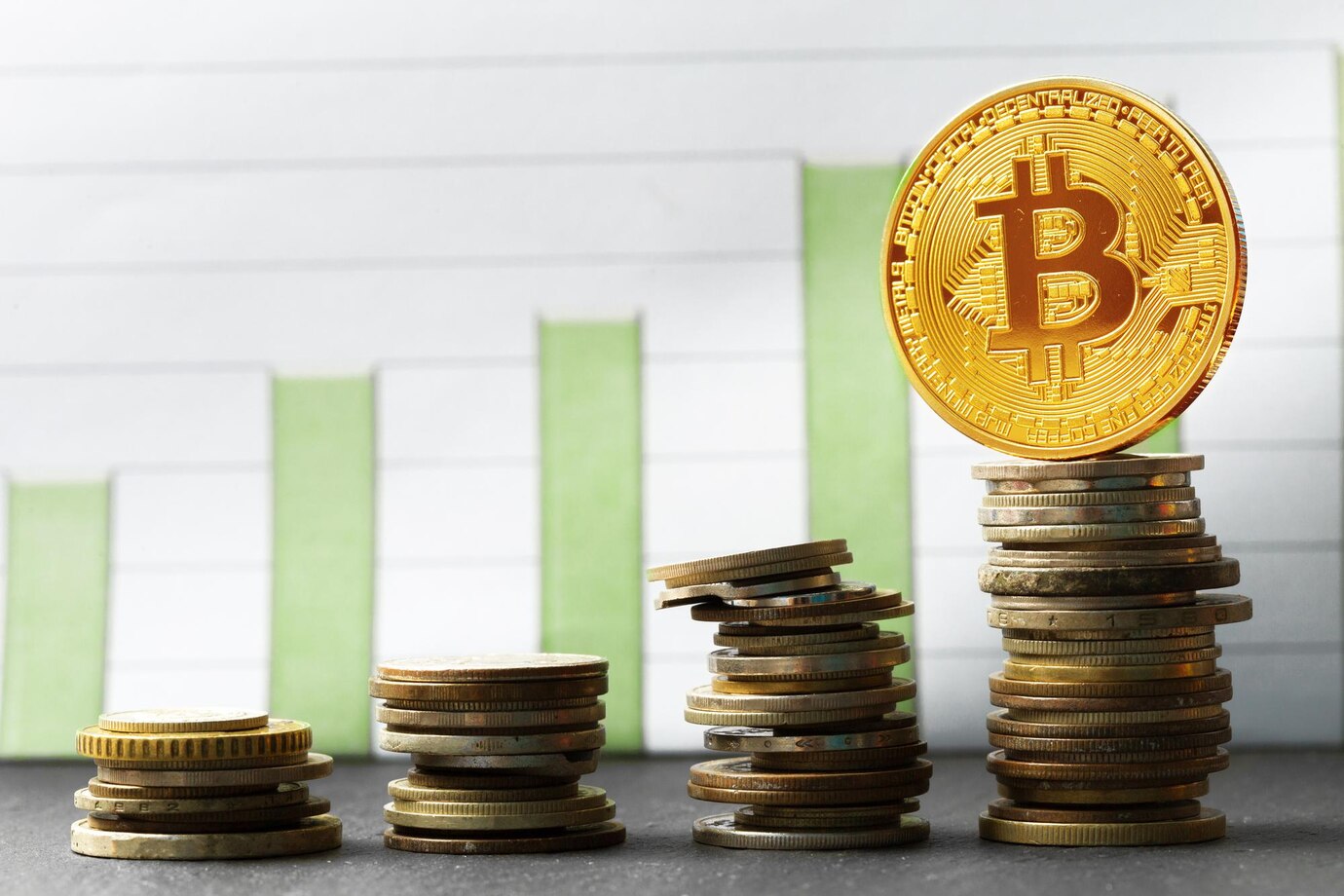Cardano is a blockchain platform that aims to provide a more secure, scalable, and sustainable infrastructure for the development of decentralized applications (dApps) and smart contracts. Founded by Charles Hoskinson, one of the co-founders of Ethereum, Cardano has gained significant attention and popularity within the cryptocurrency community. In this guide, we’ll explore the reasons why investors may consider investing in Cardano. Innovative Technology: Cardano distinguishes itself through its commitment to academic research, peer-reviewed development, and rigorous engineering principles. The platform is built on a layered architecture, featuring two main layers: the Cardano Settlement Layer (CSL) for handling transactions and the Cardano Computation Layer (CCL) for running smart contracts. This modular design aims to improve scalability, interoperability, and security. Scalability and Sustainability: One of the key challenges facing blockchain platforms is scalability—the ability to handle a large number of transactions quickly and efficiently. Cardano addresses this issue through its innovative consensus mechanism, called Ouroboros. Ouroboros is a proof-of-stake (PoS) protocol that enables high transaction throughput while maintaining energy efficiency, making Cardano more sustainable than proof-of-work (PoW) based platforms like Bitcoin. Interoperability: Cardano is designed to be interoperable with other blockchain networks, allowing seamless communication and asset transfer between different platforms. This interoperability enables Cardano to leverage the strengths of other blockchain ecosystems while fostering collaboration and innovation across the broader crypto landscape. Decentralized Governance: Cardano employs a decentralized governance model that empowers the community to participate in the decision-making process through a mechanism called the Cardano Improvement Proposal (CIP) system. This system allows stakeholders to submit proposals for protocol upgrades, funding projects, and governance changes, ensuring a fair and transparent governance process. Growing Ecosystem: The Cardano ecosystem continues to expand rapidly, with numerous projects and dApps being developed on the platform. From decentralized finance (DeFi) applications and non-fungible token (NFT) marketplaces to supply chain solutions and identity management platforms, Cardano offers a wide range of use cases and opportunities for developers and entrepreneurs. Strong Development Team and Community: Cardano benefits from a strong development team led by Charles Hoskinson, who brings extensive experience and expertise in blockchain technology. Additionally, Cardano boasts a vibrant and supportive community of developers, researchers, and enthusiasts who contribute to the platform’s growth and evolution. Conclusion: Investing in Cardano presents an opportunity to participate in a revolutionary blockchain platform that combines innovative technology, scalability, sustainability, interoperability, and decentralized governance. With a growing ecosystem, strong development team, and supportive community, Cardano is poised to play a significant role in shaping the future of decentralized finance, digital identity, and other emerging industries. However, as with any investment, it’s essential to conduct thorough research, assess the risks, and invest responsibly based on your financial goals and risk tolerance.








